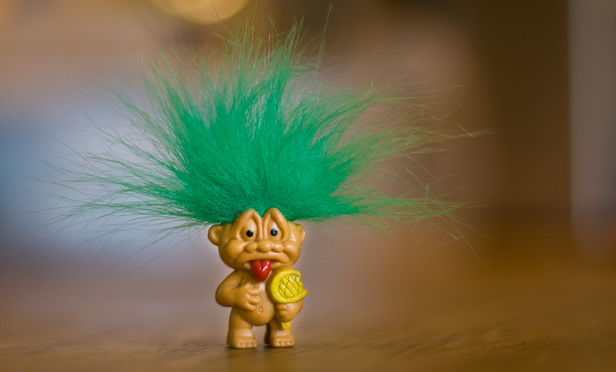It’s a bad time to be a patent troll. For more than a decade, trolling has been a relatively foolproof, risk-free business model that has lined the pockets of opportunistic plaintiffs and sullied the best-in-class reputation of the U.S. patent system. Now, thanks to recent reforms and major court developments, greater efficiency and accountability have been injected into that system.
To be clear, yes—we do use the charged term “patent trolls” in this article. However, this term is not used as rhetoric to paint all nonpracticing entities (NPEs)—such as universities and other entities that aspire to monetize their patent rights—with a broad negative brush. Nor do we use the term to suggest that patent licensing activity generally is illegitimate. Rather, the term is used to address not the underlying business model of patent licensing but certain abusive behavior.
This content has been archived. It is available through our partners, LexisNexis® and Bloomberg Law.
To view this content, please continue to their sites.
Not a Lexis Subscriber?
Subscribe Now
Not a Bloomberg Law Subscriber?
Subscribe Now
LexisNexis® and Bloomberg Law are third party online distributors of the broad collection of current and archived versions of ALM's legal news publications. LexisNexis® and Bloomberg Law customers are able to access and use ALM's content, including content from the National Law Journal, The American Lawyer, Legaltech News, The New York Law Journal, and Corporate Counsel, as well as other sources of legal information.
For questions call 1-877-256-2472 or contact us at [email protected]






